Manure Transport
Purpose/Function:
Poultry, dairy, beef or other animal producers with high soil phosphorus levels or inadequate cropland to use manure in accordance with nutrient management plans transport manure to other farms or alternative use facilities that can use the product safely.
Initiation protocol:
Farmers interested in participating in Maryland’s Manure Transport Program should contact their local Soil Conservation District or call the Maryland Department of Agriculture’s free hotline at 1-855-6MANURE.
Manure Matching Service
Maryland’s Manure Matching Service connects farmers who have excess animal manure with nearby farmers or alternative use projects that can use the manure as a valuable resource.
Authorized by the Water Quality Improvement Act of 1998, the service helps farmers manage manure resources, comply with nutrient management regulations and protect water quality in streams, rivers and the Chesapeake Bay. The service is voluntary, free and available to both sending and receiving operations.
New 48-Hour Fast Track Option Now Available
Poultry farmers with litter to haul in a hurry should check out the new and improved 48-hour fast track application to move poultry litter. The new simplified application process does not require submission of a nutrient management plan.
Public acceptance:
Highly accepted publicly as odors are reduced at the production property and local water quality is improved, but this also means that these impacts are relocated at the receiving site. Care must be taken to assure problems are not simply relocated to other areas.
Implementation Factors (level of difficulty):
Easy. To support Maryland’s goal of transporting 20 percent of the poultry litter produced on the Lower Eastern Shore to other regions, cost-share rates are 20 percent higher for farms located in Dorchester, Somerset, Wicomico or Worcester counties.
Funding Sources / Options:
Maryland’s Manure Transport Program is administered by the Maryland Agricultural Water Quality Cost-Share (MACS) Program. The Manure Transport Program provides grants to help poultry, dairy and other animal producers transport excess manure off their farms or avoid application on phosphorus enrich cropland. Animal producers with high soil phosphorus levels or inadequate land to utilize their manure in accordance with the nutrient management plan can receive cost-share assistance of up to $20 per ton to transport excess manure to other farms or alternative use facilities that can use the product in an environmentally sound manner.
Costs:
| Cost Estimates | EPA | MDA | Average |
| Initial | $- | $- | $- |
| Annual | $23 | $18 | $20.50 |
| Lifespan (yrs) | 1 | 1 | 1 |
| Annualized | $23 | $18 | $20.50 |
Load Reduction Efficiency:
Average Total Nitrogen removed per ton of practice per year:
|
Low 0.53 t. |
Medium 2.21 t. |
High 4.47 t. |
Cost per pound removed = between $5 and $39
Average Total Phosphorous removed per ton of practice per year:
|
Low 0.04 t. |
Medium 0.21 t. |
High 0.53 t. |
Cost per pound removed = between $49 and $476
Average Total Suspended Solids removed per ton of practice per year = N/A
Operation & Maintenance:
Make certain equipment is in good working order. Promptly clean up manure that is spilled during loading and unloading. Cover all loads during transportation when traveling on public roads. Cover all truck-mounted or tractor-drawn spreaders when moving manure between farms on public roads. Clean, wash and disinfect all transporting and handling equipment prior to operating at a different poultry or livestock operation.
Climate Change Considerations:
N/A
Planning Questions to Consider:
Is a storage structure available to protect stockpiled manure from the elements until transport? Does the receiving farm have a safe off-loading site that does not pose an undue risk to water quality? Has the manure been analyzed to determine nitrogen and phosphorus levels before transporting? Does the receiving farm have a nutrient management plan? Is the appropriate equipment available to transport the manure?
Technical Notes:
Biosecurity measures must be followed for all transported manure. Do not transport or offer for transport poultry litter containing dead birds that are not completely composted. Schedule transport of manure to be compatible with weather conditions, use by the receiving facility, and in accordance with a nutrient management plan.
Related Best Management Practices
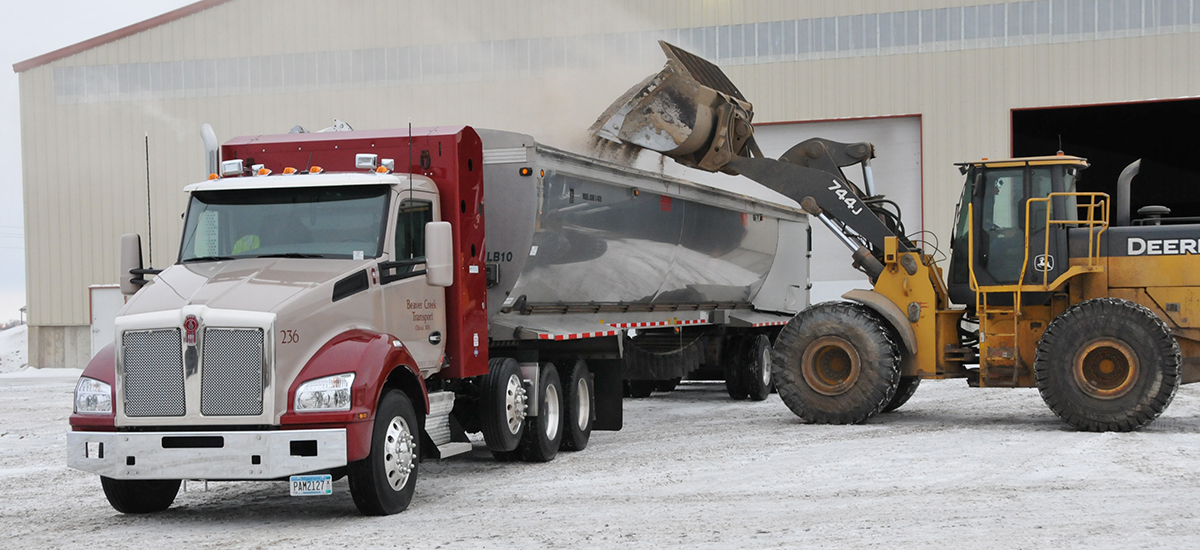
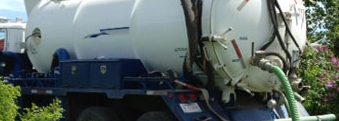
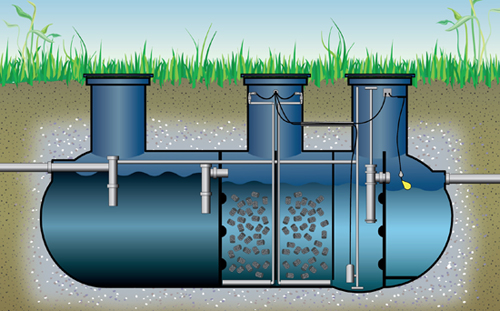
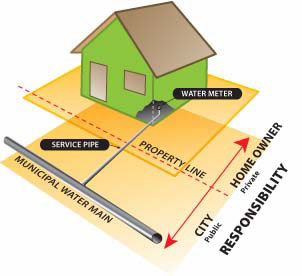
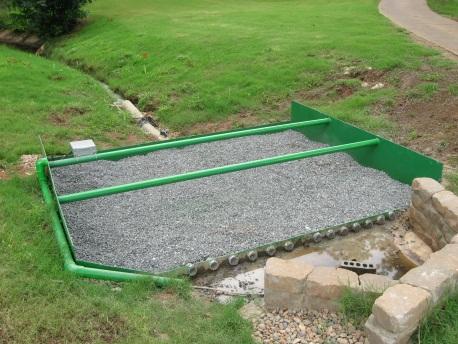
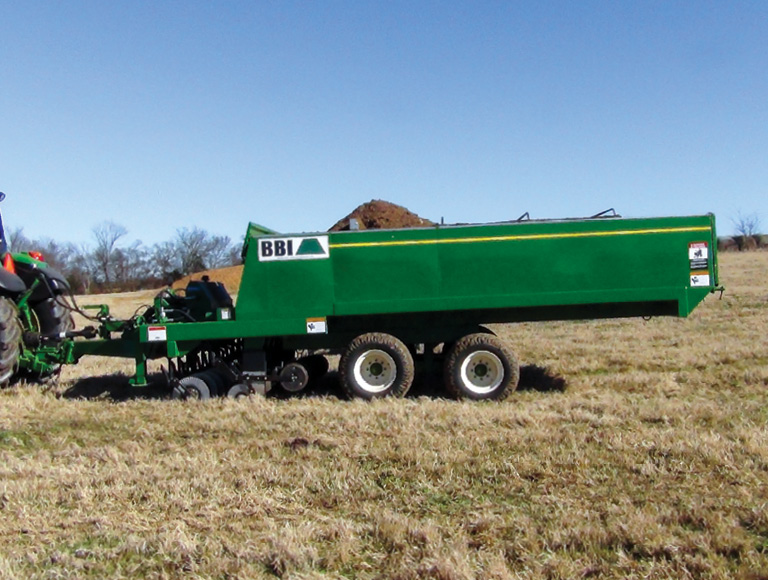
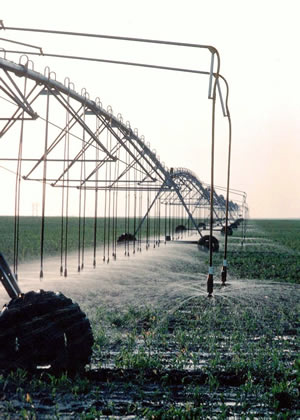
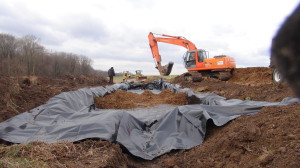
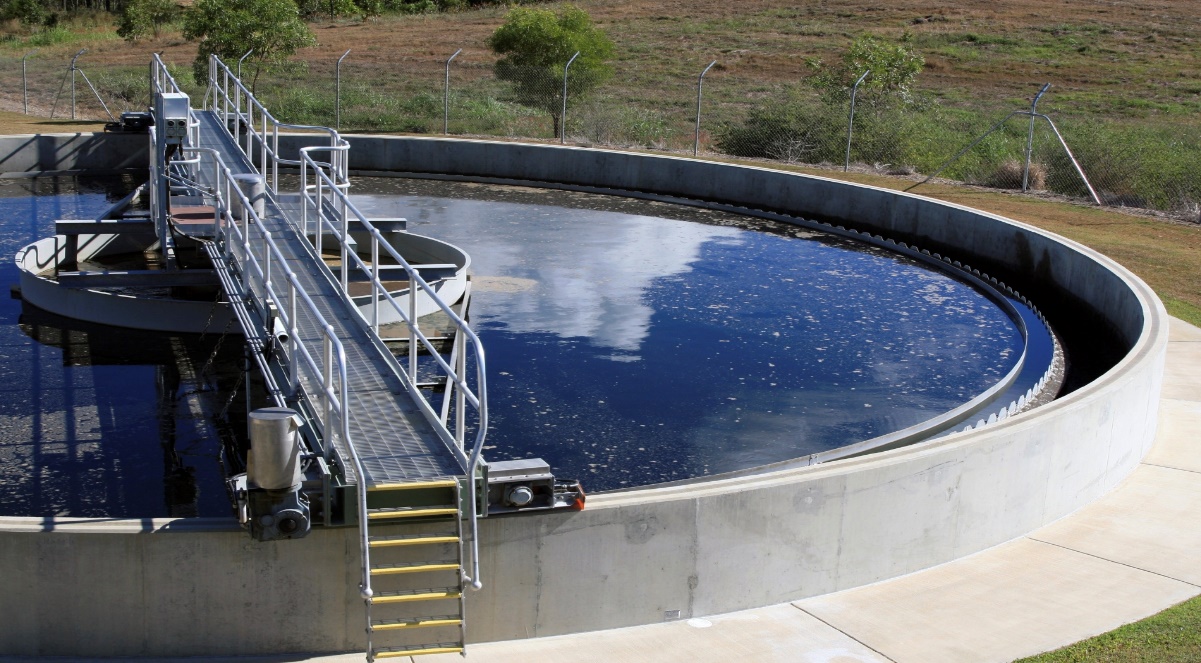
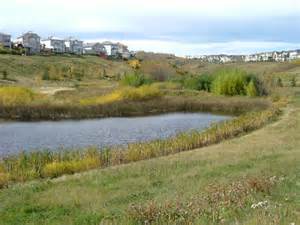
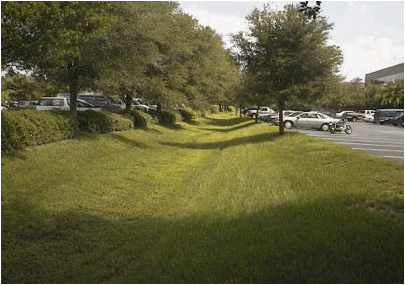
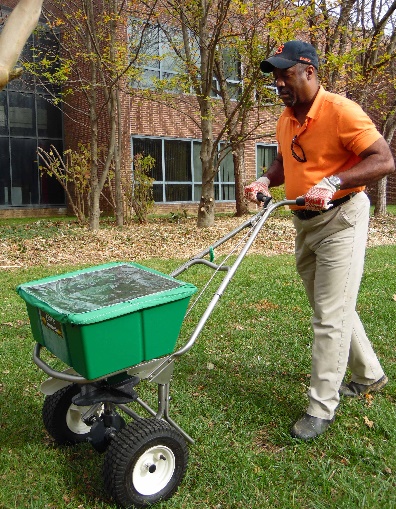

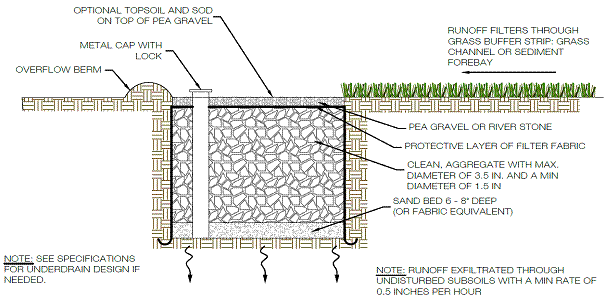
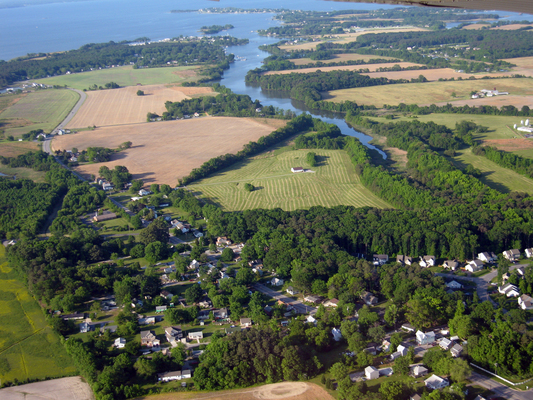
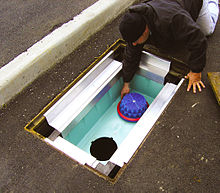
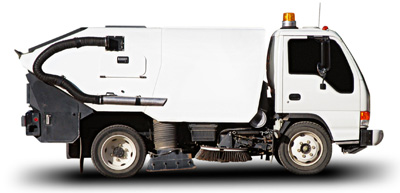

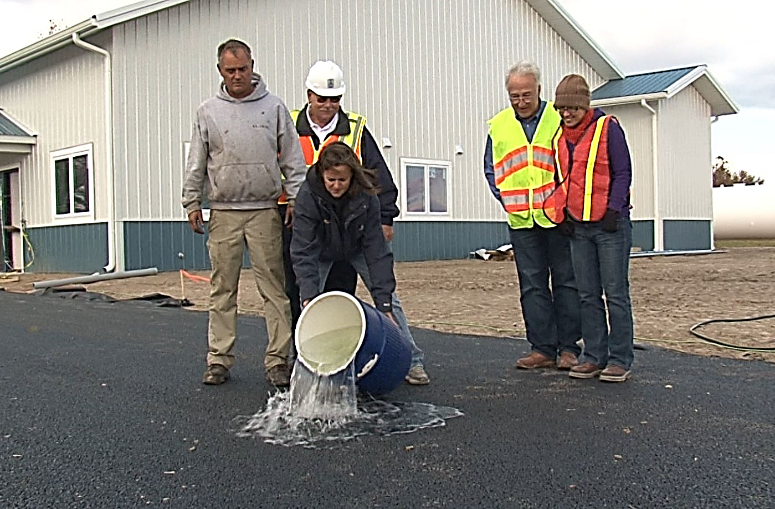
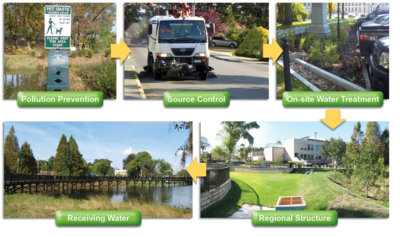
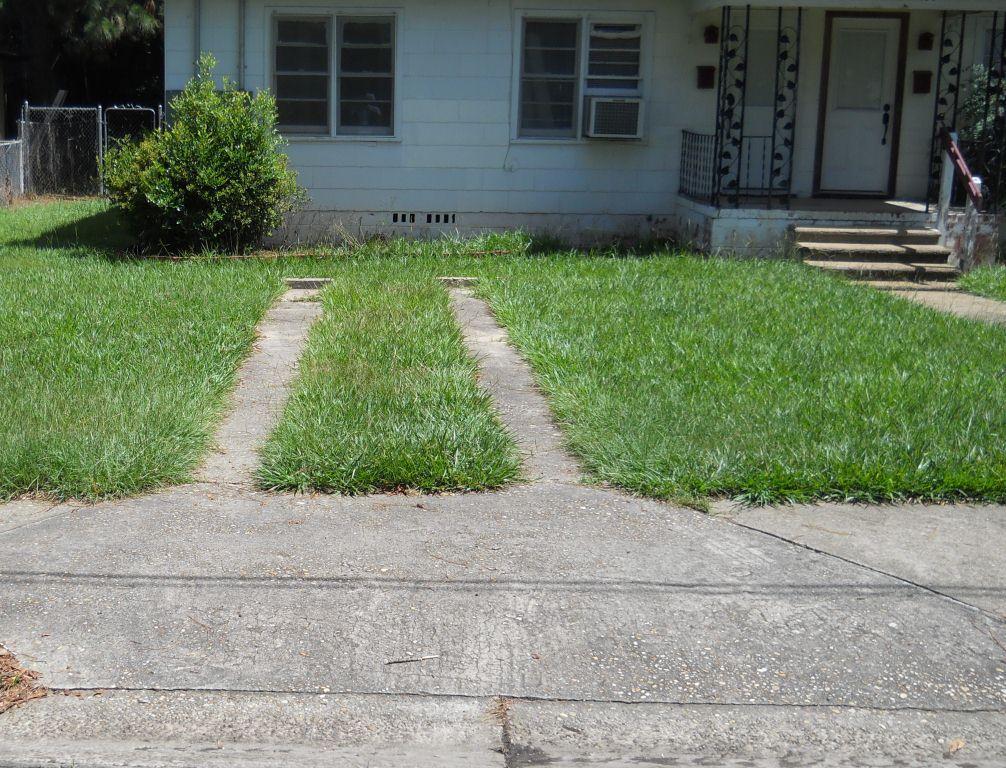
Feedback on This Best Practice